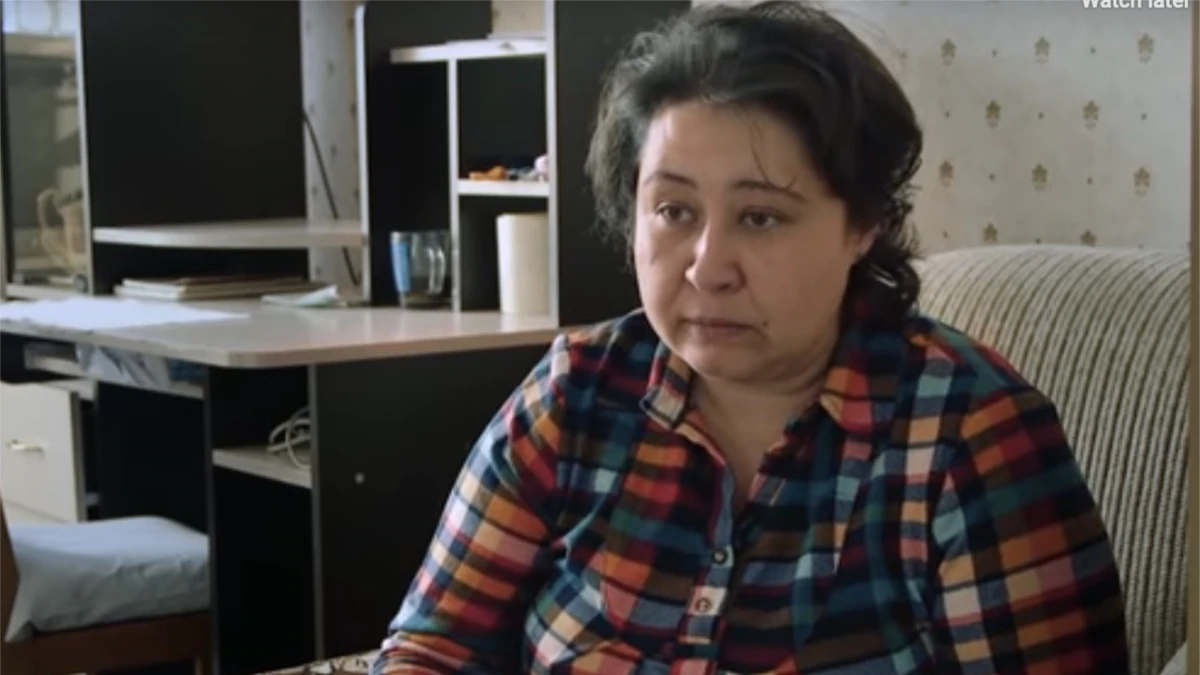
A journalist from Siberia who had to leave her native city of Kiselyovsk in the Siberian region of Kemerovo earlier this year after she was attacked says she has fled Russia fearing for her safety.
Natalya Zubkova, the chief editor of the News of Kiselyovsk website, told RFE/RL on April 26 that she moved to an unspecified country a week ago after police and an investigator from Kiselyovsk visited her at her new residence in the Urals city of Yekaterinburg to question her as “a witness” in a criminal case.
Zubkova said she refused to answer any questions and called her lawyer. According to her, the case might be an another move in ongoing attempts by Kiselyovsk authorities to take her daughter from her in retaliation for her articles criticizing authorities in the Kemerovo region for the “illegal widening of coal-mining territories” in the region.
In late February, Zubkova said an unknown attacker pushed her down with her face in snow as she was walking her dog. The man threatened the journalist and her daughters with further violence if “you open your mouth again.”
Several days after the attack, Zubkova fled Kiselyovsk for Yekaterinburg, hoping that authorities in her native region will leave her alone.
Russia’s Investigative Committee said on April 6 that it had sent an investigator to Yekaterinburg to question Zubkova in the case.
Zubkova told RFE/RL on April 26 that she will continue her journalistic activities, writing about the rights of Siberia’s indigenous ethnic groups, environmental damage from mining activities in the region, and corruption among officials in Kiselyovsk.
Last August, lawyer Anton Reutov physically attacked her in a courtroom during a hearing based on Zubkova’s report about alleged fraud involving Reutov that led to an elderly woman losing her apartment.
Zubkova said that following that incident she received several death threats.
In August 2019, Mayor Shkarabeinikov accused Zubkova of inciting social discord for interviewing Kiselyovsk residents who had asked Canadian Prime Minister Justin Trudeau and the UN Secretary-General Antonio Guterres to provide them with asylum after local authorities were unable to solve environmental problems they faced.
This post was originally published on Radio Free.